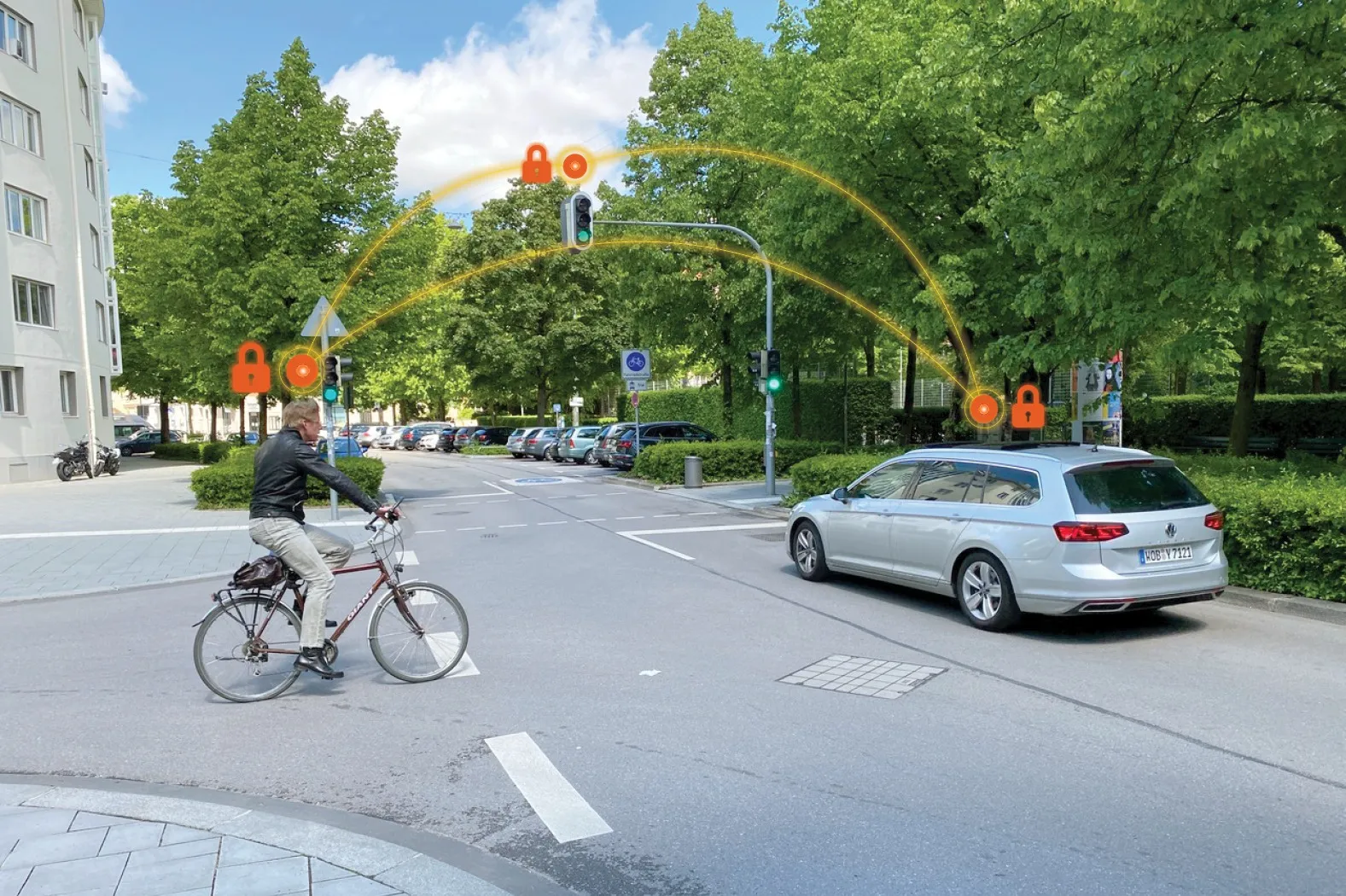Denso Corporation and Denso International Asia (DIAT) have signed a Memorandum of Understanding (MOU) with Thai Intelligent Transport System (ITS), with the aim of easing traffic congestion through the use of vehicle-to-vehicle (V2V) and vehicle-to-infrastructure (V2X) communications.
In large cities like Bangkok, the number of vehicles has increased dramatically, resulting in an increase in traffic congestion and accidents. There have been growing expectations for the use of V2X communications among gov
July 3, 2014
Read time: 1 min
In large cities like Bangkok, the number of vehicles has increased dramatically, resulting in an increase in traffic congestion and accidents. There have been growing expectations for the use of V2X communications among governments and car users to help alleviate traffic congestion and prevent accidents in Thailand.
Denso Corporation, DIAT and Thai ITS will collaborate their research efforts to gather wireless data on urban streets, as well as evaluating information systems that are commercialised in Japan to determine their adaptability to the traffic conditions of Thailand.
The results of the project will be used in formulating future ITS policies in Thailand.










